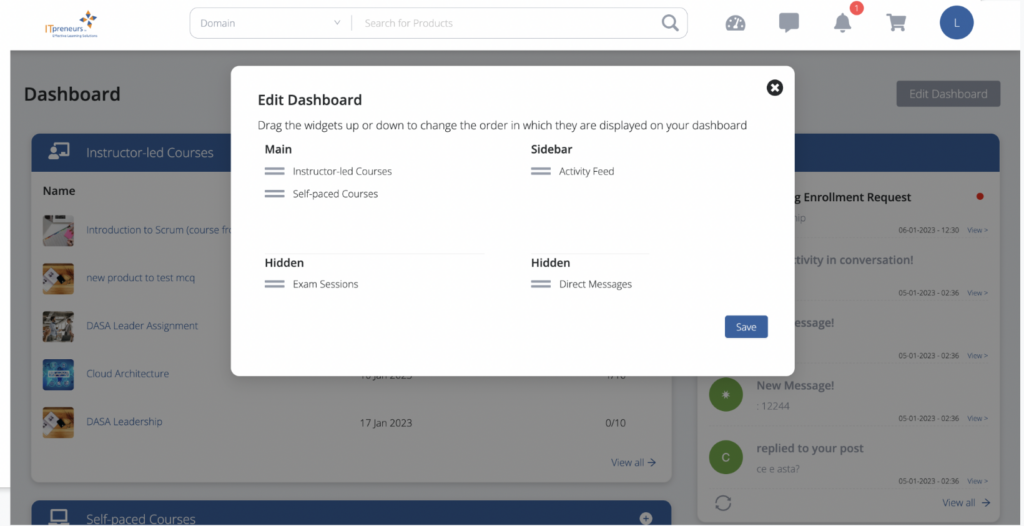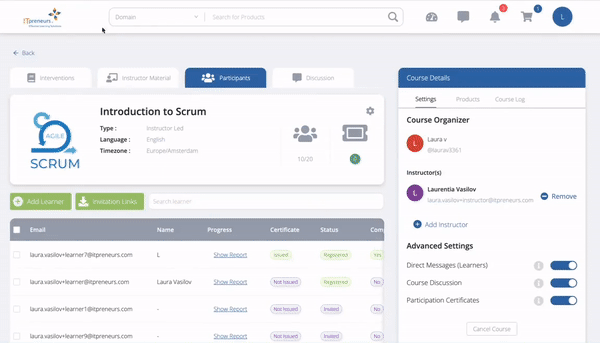We can probably all agree that time flies. Two years ago I wrote a post about the PMO’s future and guess what? That future is now. Two years ago I also advised choosing the right methodology like PRINCE2, Waterfall, Scrum, Agile and Kanban, depending on the requirements of the project. Fast forward two years and we now have to add DevOps to the mix.
Now let’s say you have changed your PMO role to a more agile one. You might be thinking that this should be enough for another 10 – 20 years? Think again!
In today’s reality, organizations do not have a choice to wait or defer these disruptive innovations!
We live in a fast-paced environment; change is happening much quicker compared to the past. There are new trends in the market, organizations are starting to tear down the barriers between business and IT, and projects are expected to deliver results much faster.
DASA (DevOps Agile Skills Association) labeled this as ‘Digital business transformation” or ‘digital disruption’. Here’s a helpful post about DASA’s raison d’etre. In today’s reality, organizations do not have a choice to wait or defer these disruptive innovations!
Traditionally, IT waits for a feature request, then PMO assesses and assigns resources and processes for centralized IT operations to make it happen. As you may already have heard, DevOps is a new way of delivering IT services. It helps organizations to completely rethink – or reset – their IT operations. DevOps is a philosophy similar to Agile, not a process or methodology. It is a holistic view of how to accomplish better alignment, collaboration, and empathy between IT Development and IT Operations teams.
So, what would be the next step if you are managing a PMO?
Rethink traditional project practices and capabilities and how it’s aligned with IT and the business. If business and IT want to deliver a valuable product to the market faster and cheaper, then what should the PMO do? The PMO should be able to add value to the process without slowing the business down or adding additional cost.
DevOps helps organizations to completely rethink – or reset – their IT operations.
Investing in people’s competencies; training and education on agile principles and other new methodologies and skills development will improve their capabilities. Last but not least, follow the 6 DevOps principles:
- Customer-centric action
- Create with the end in mind
- End to end responsibility
- Cross-functional autonomous teams
- Continuous improvement
- Automate everything you can
Curious about starting to offer DevOps training courses? You’ll find more information here.
About the author

Agile Transformation Consultant, Lean / Agile Coach, Master Trainer, Senior Program Manager with the results-oriented approach for over 20 years. Continuous achievements in managing projects using traditional and agile methodologies and work closely with the process owners and teams to get the work done. Advocate for agile principles by modeling those principles and values in order to develop a shared mindset across teams as well as between the customer and the team.
Related Courseware
Sorry, we couldn't find any posts. Please try a different search.



